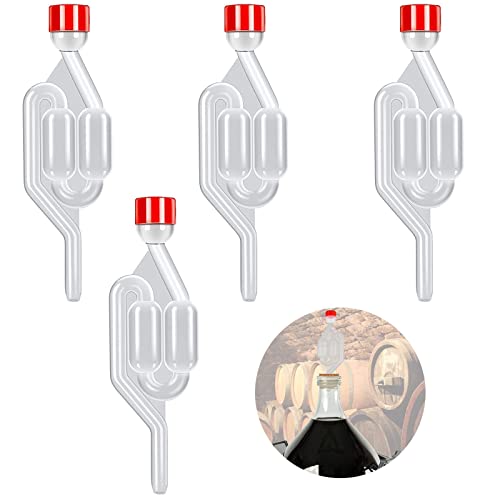Boiling is often not paid enough importance.
A number of reactions take place, such as hop isometization, formation of aroma and colour compounds, increased solubility of certain substances, enzyme inactivation, elimination of microbes, protein molecules and protein-tannin complexes.
This process can be fraught with problems.
Excessive protein coagulation can reduce the foam stability. On the other hand when unsatisfacotry, it leads to colloidal instability in the finished beer.
When thinking about reasons for boiling, the Strecker aldehydes are of special significance. These can negatively affect the flavour stability of the beer and are reduced by evaporation.
Older systems had an evaporation rate of 15% but the required energy and potential thermal stress were too high. Nowadays systems work with an evaporation rates of 4-6%, below 4% is considered too low (atypical aroma notes).
Its a much bigger topic than meets the eye. Here is a useful table of the systems used. Ours would probably be classed as dynamic.
PS: my boil time is 60 mins. With boil-simmer-boil, 10-40-10 minutes. Typically with Pilsner malt.
Hope this helps ...

















![BREWING THERMOMETER STICKERS ACCURATELY MONITOR FERMENTING BEER & WINE LIQUID TEMPERATURES 5PCS HOME BREW SPIRITS WINE LCD ADHESIVE [US]](https://m.media-amazon.com/images/I/311DDjo2X3L._SL500_.jpg)
























